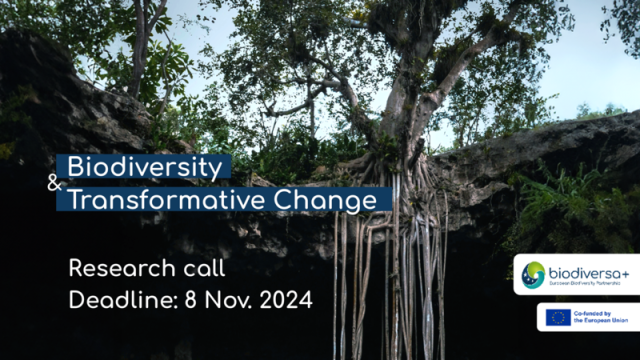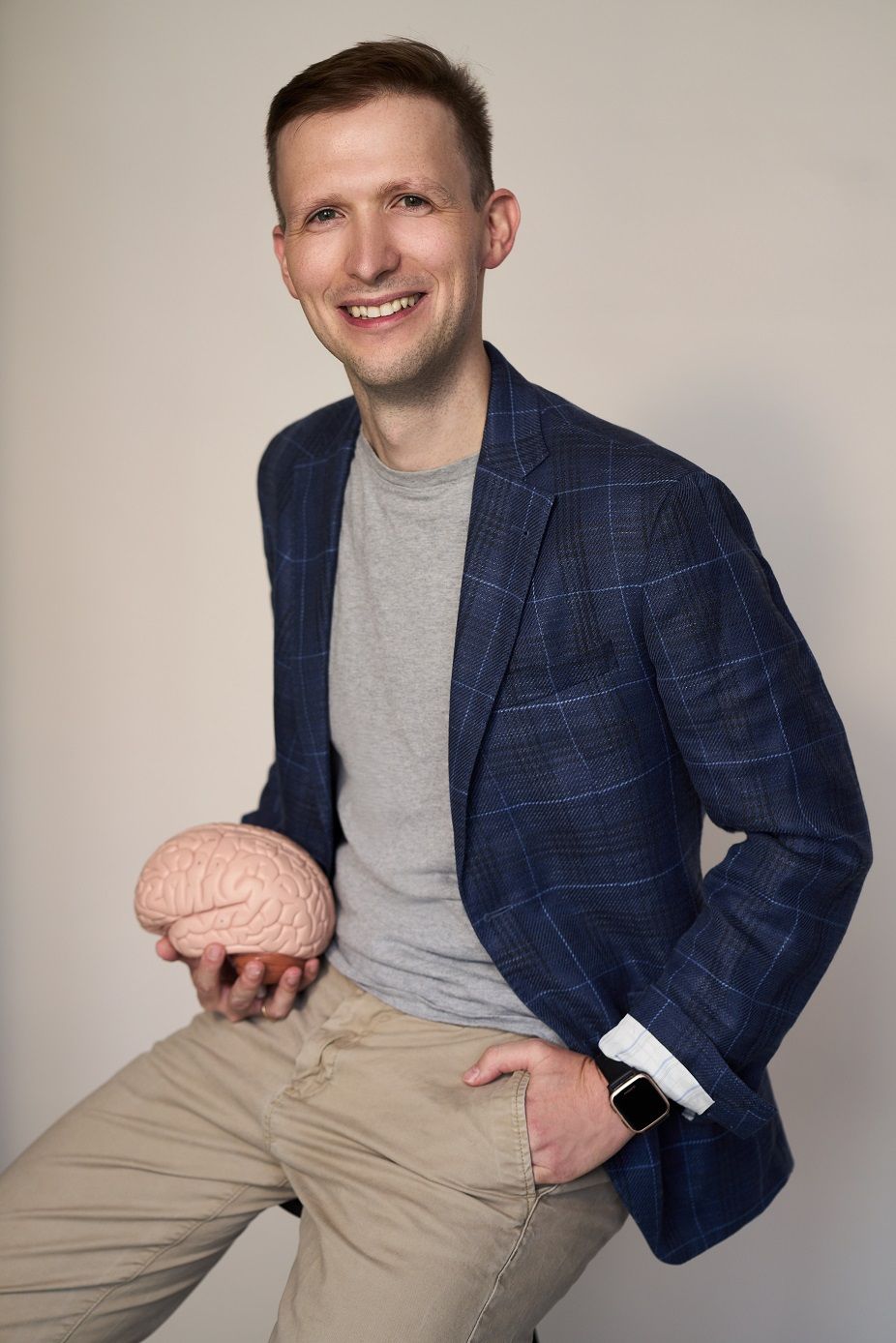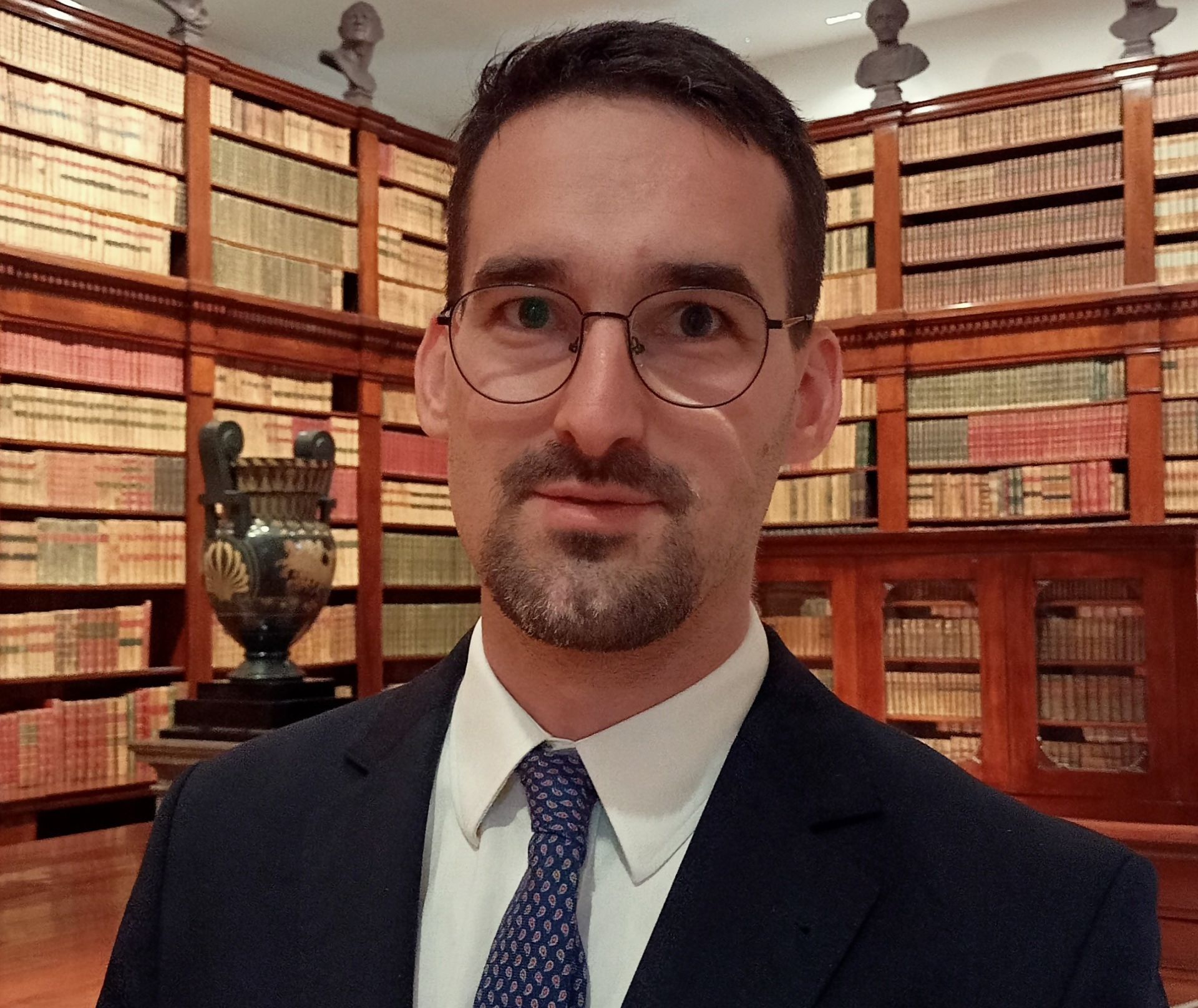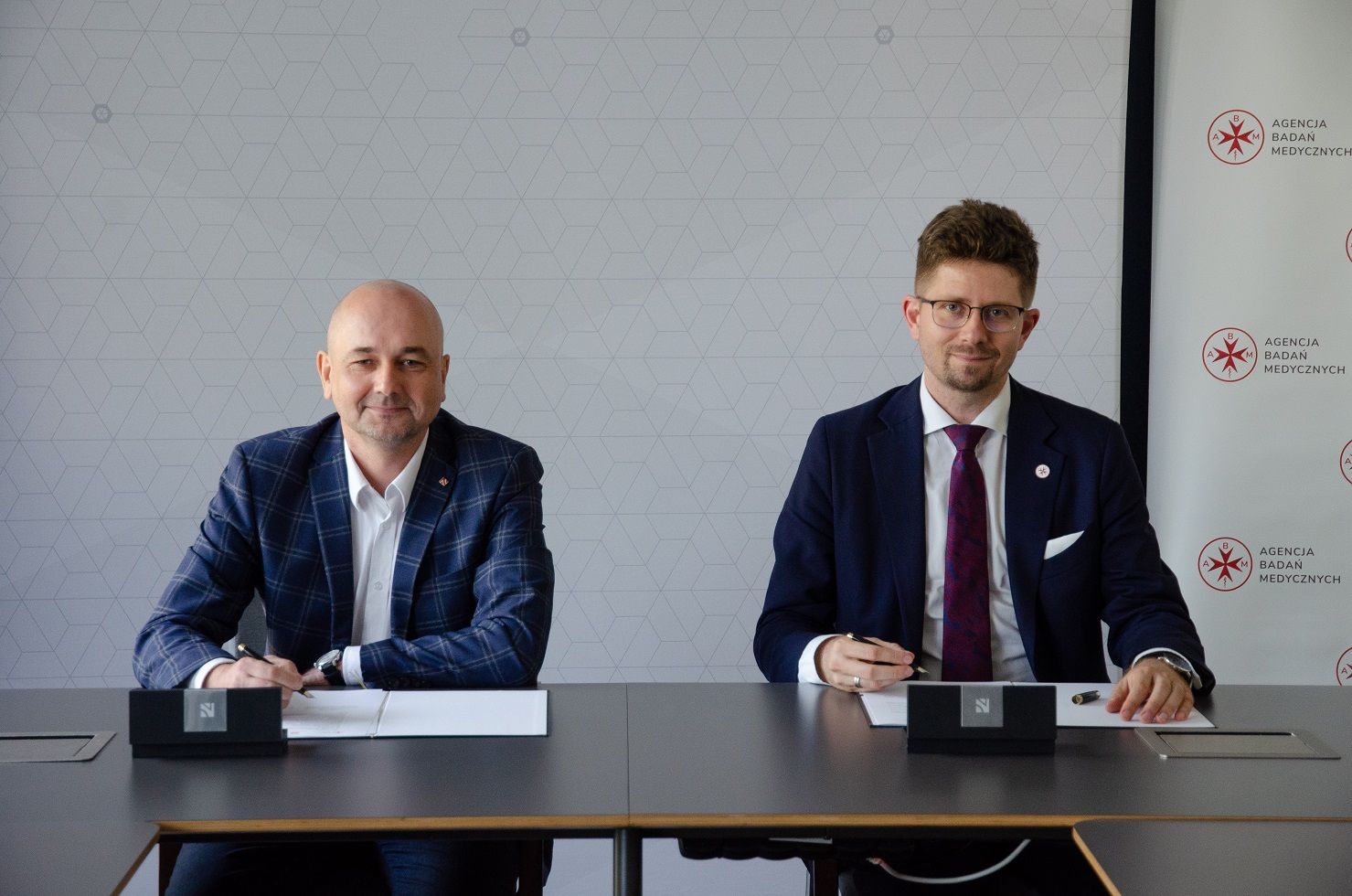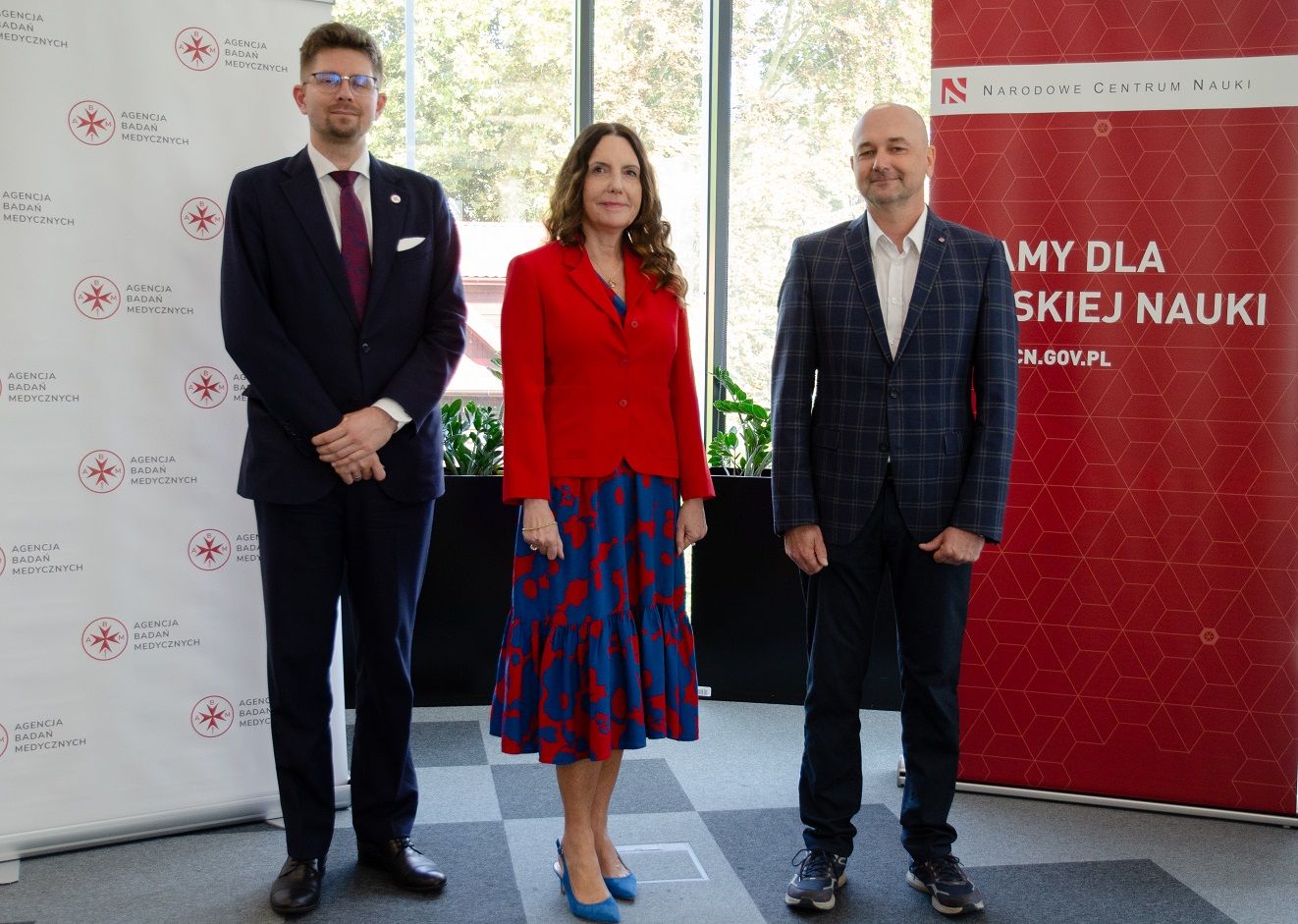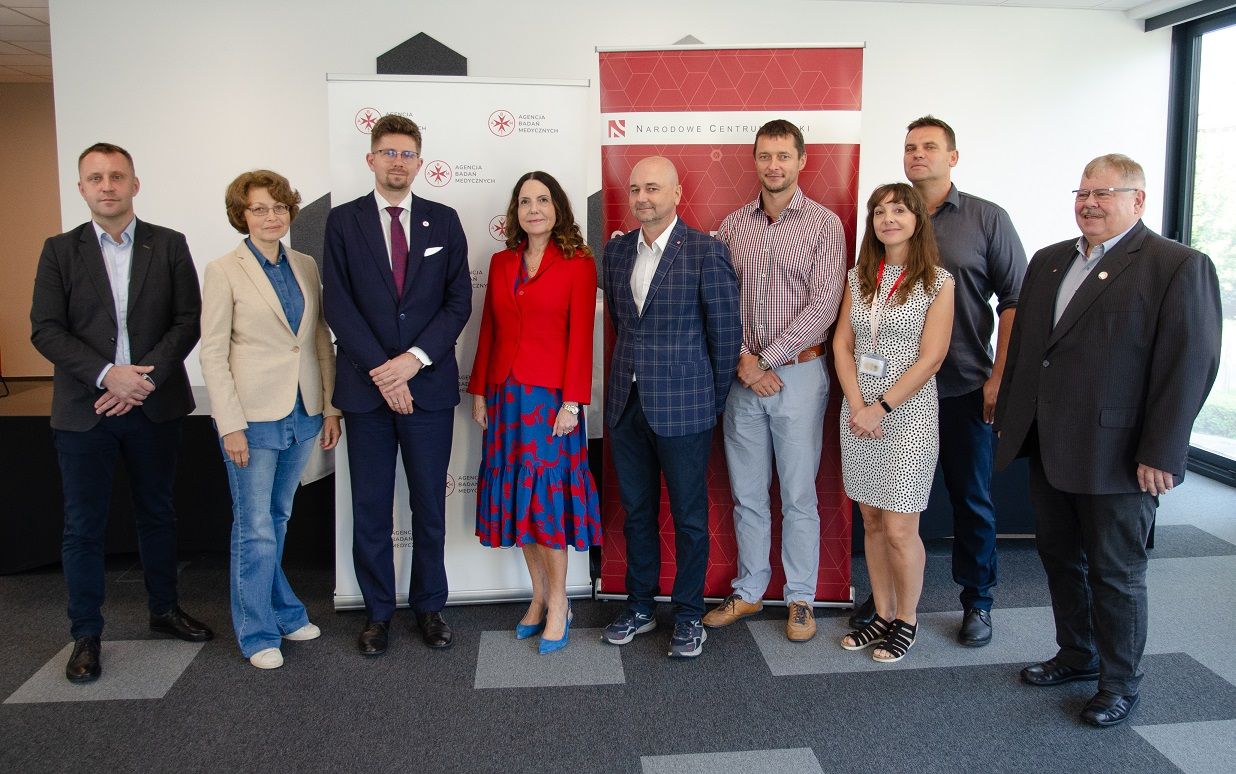Scientists from the Jagiellonian University have just won an IMPRESS-U research grant for a project looking into the properties of nuclear forces, which will be conducted in cooperation with researchers from the US and Ukraine. The budget for the Polish team is more than 800,000 zlotys.
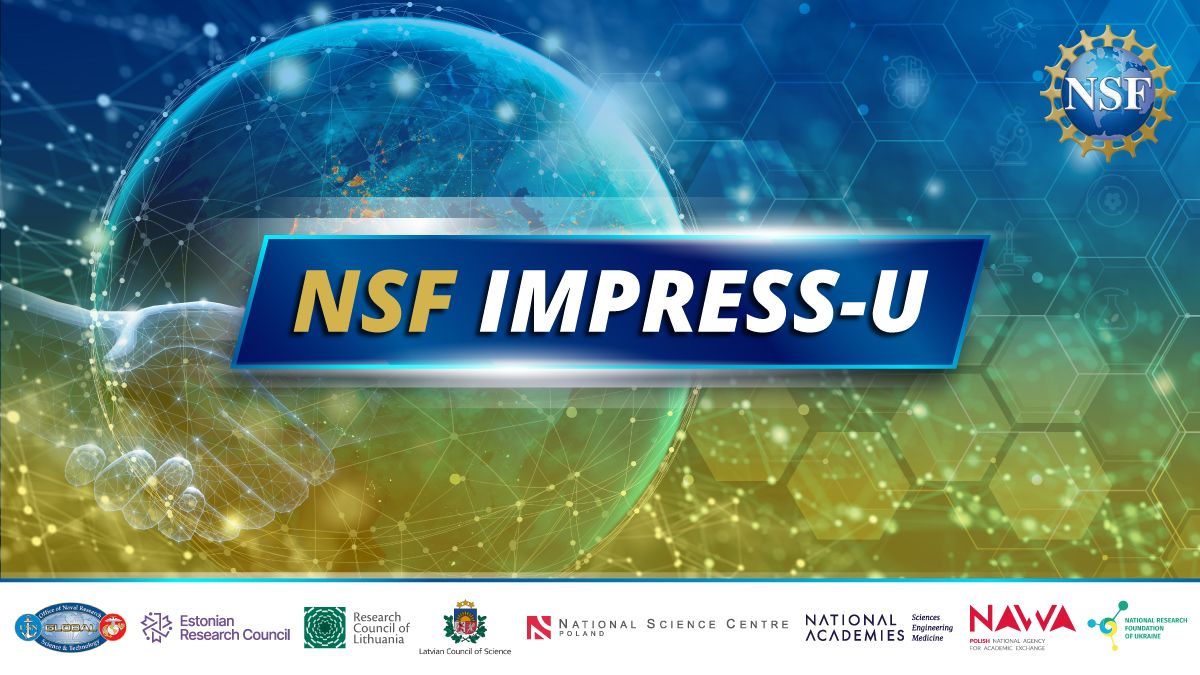
International Multilateral Partnerships for Resilient Education and Science System in Ukraine (IMPRESS-U) is a programme that allows Polish scientists to fund their research cooperation with partners in Ukraine and the US, as well as, optionally, in the Baltic countries, i.e. Lithuania, Latvia and Estonia.
The goal of the IMPRESS-U scheme is to support excellence in science and engineering, education and innovation through international collaboration, and to promote and catalyse integration of Ukrainian researchers in the global research community. The program was initiated by the National Science Foundation (NSF), a US government agency that funds research and educational programmes.
IMPRESS-U follows a lead agency formula, which means that a joint proposal, drawn up by all the project partners, must be submitted to the NSF, where it undergoes a merit-based evaluation alongside all other proposals filed under the agency’s EAGER funding mechanism. Partner agencies (including the NCN) then award funding to their national teams based on NSF recommendations.
The call is open to 24-month projects headed by principal investigators with at least a PhD degree.
Nuclear interactions in focus
The ninth IMPRESS-U grant funded by the NCN will go to a research team headed by Prof. Jacek Golak from the M. Smoluchowski Institute of Physics at the Jagiellonian University. Their project, entitled “Prądy dwuciałowe w rozpraszaniu elektronów i neutrin na tarczach kilkunukleonowych” /”Two-body currents in electron and neutrino scattering on few-nucleon targets”/, will receive more than 800 thousand zlotys in the next two years.
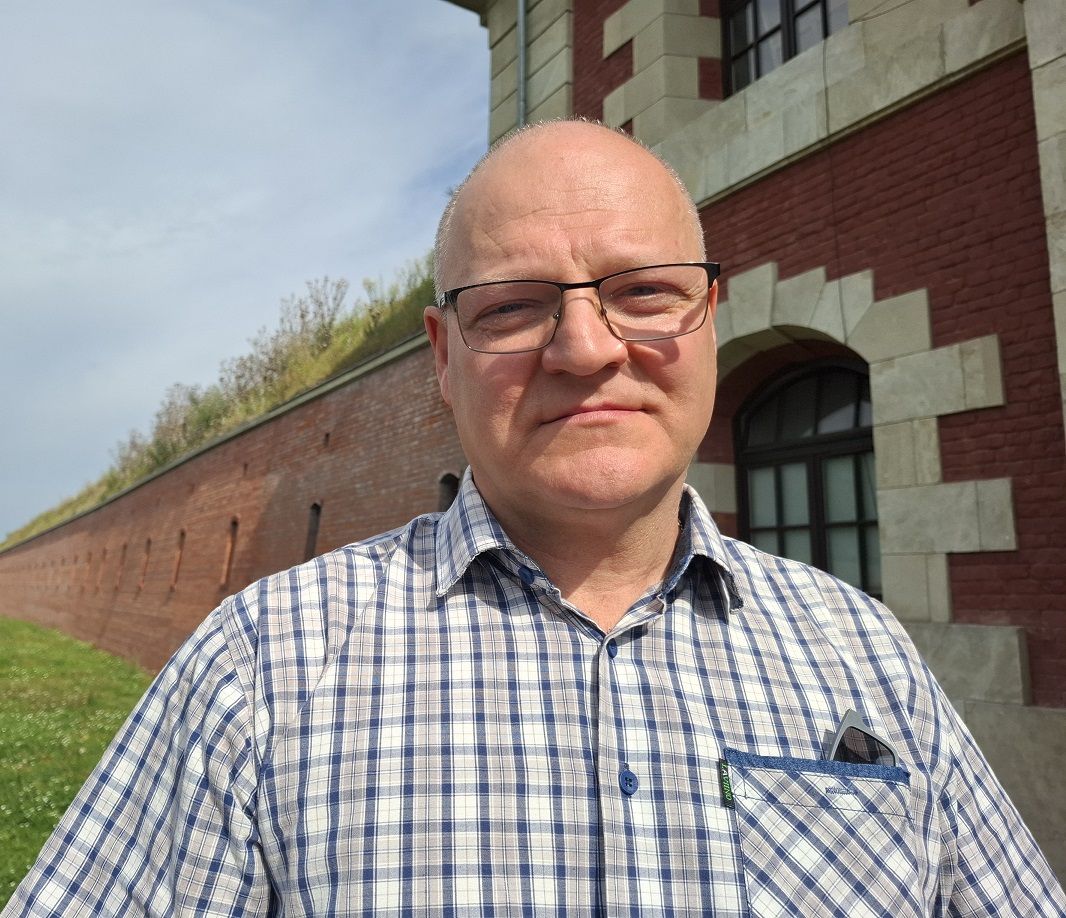 Prof. Jacek Golak, fot. archiwum prywatne
Prof. Golak and his team at the Department of Theory of Nuclear Systems have studied the properties of the forces acting between the constituents of atomic nuclei, protons and neutrons, and other subatomic particles. These forces are responsible for the existence of atomic nuclei as we know them and determine the mechanisms of nuclear reactions and radioactive decay processes, including those crucial to nuclear power or cancer radiation therapy.
Prof. Jacek Golak, fot. archiwum prywatne
Prof. Golak and his team at the Department of Theory of Nuclear Systems have studied the properties of the forces acting between the constituents of atomic nuclei, protons and neutrons, and other subatomic particles. These forces are responsible for the existence of atomic nuclei as we know them and determine the mechanisms of nuclear reactions and radioactive decay processes, including those crucial to nuclear power or cancer radiation therapy.
“What it means in practice is that we are building a whole sequence of computer software programs that take a given mathematical model of nuclear interactions and perform calculations that can be compared with the results of experiments carried out around the world. This comparison allows us to assess the quality of our theoretical model and further enhance it to ultimately improve our understanding of the phenomena inside atomic nuclei”, explains Prof. Jacek Golak.
In their IMPRESS-U project, the Polish team will collaborate with an US team, led by Prof. Wayne Polyzou from the University of Iowa, and a Ukrainian team, headed by Prof. Oleksandr Shebeko from the Kharkov Institute of Physics and Technology.
“We decided to submit a project under the IMPRESS-U scheme together with all our partners. We had known each other before, we had worked and published together, and we had met at international conferences; both professors had also visited us in Kraków. We really liked the formula of IMPRESS-U and the call provided an incentive for us to accelerate and cement our cooperation. An important aspect that also mattered to us was that we could use our project to support science and the academic community in Ukraine, which has been involved in a long, devastating war”, Prof. Golak adds.
The Polish, US and Ukrainian scientists will work together to explore the mechanisms of interaction at play between electrons and neutrinos and atomic nuclei. They will primarily focus on investigating and using relativistic interactions and associated nuclear currents (including two-nucleon currents) to scatter electrons and neutrinos off few-nucleon targets.
The US partner of the IMPRESS-U project is a recognised expert in relativistic quantum mechanics, while its Ukrainian partners are experienced in constructing nucleon-nucleon interaction models. The project will be supported by an external expert, Prof. Hiroyuki Kamada from the Japanese Research Center for Nuclear Physics (RCNP) in Osaka, who performs calculations related to relativistic nuclear interactions.
The role of the Polish team will be to bring all these elements together and perform calculations related to electron and neutrino scattering off the lightest atomic nuclei. They will be putting the greatest emphasis on so-called two-nucleon currents, closely associated with the properties of nucleon-nucleon interactions. The scientists from the Jagiellonian University are very experienced in building relativistic nucleon-nucleon potentials, using polarized particles to analyse neutron properties, and studying the physics of few-nucleon systems. The mentor of the group and its member, Prof. Henryk Witała, has worked with these research problems since the 1980s; his achievements have earned him this year’s Faddeev Medal, an award established in 2016 by the Topical Group on Few-Body Systems & Multiparticle Dynamics (GFB) of the American Physical Society and the European Research Committee on Few-Body Problems in Physics.
The main product of this IMPRESS-U project will be a new model of nuclear interactions.
“We are hoping that our calculations will lay the groundwork for future experiments and experimental data analysis. The project will also be an important formative experience for our younger colleagues”, Prof. Golak emphasised.
Eight projects funded by the National Science Centre under the IMPRESS-U programme are currently underway at Polish research institutions in Opole, Rzeszów, Bydgoszcz, Gliwice, Łódź, Szczecin, Warsaw and Wrocław.
The National Science Centre has a total budget of 17 million zlotys to distribute among Polish teams under the IMPRESS-U scheme. Those interested in the programme can also use a special tool to find potential partners for their project, available here; at present, the database contains 80 records.
IMPRESS-U ranking lists

